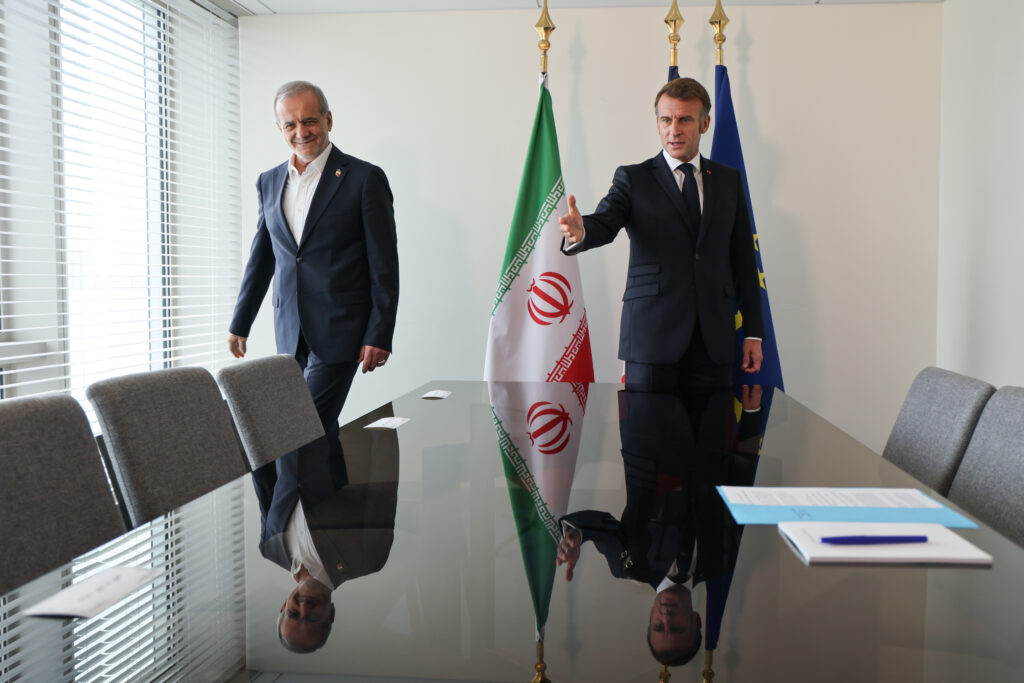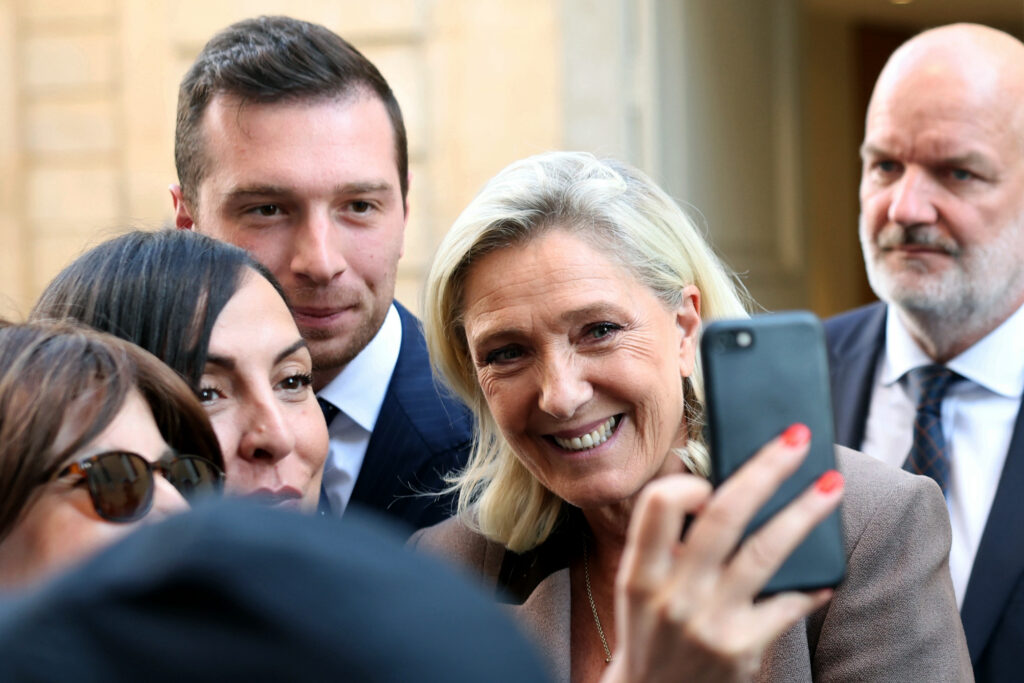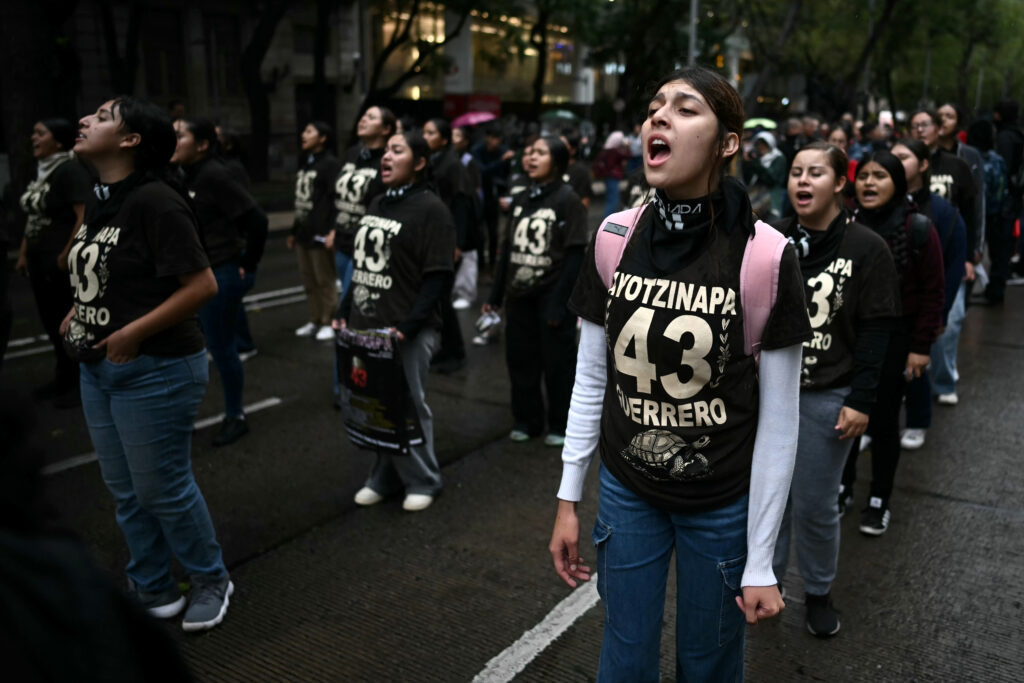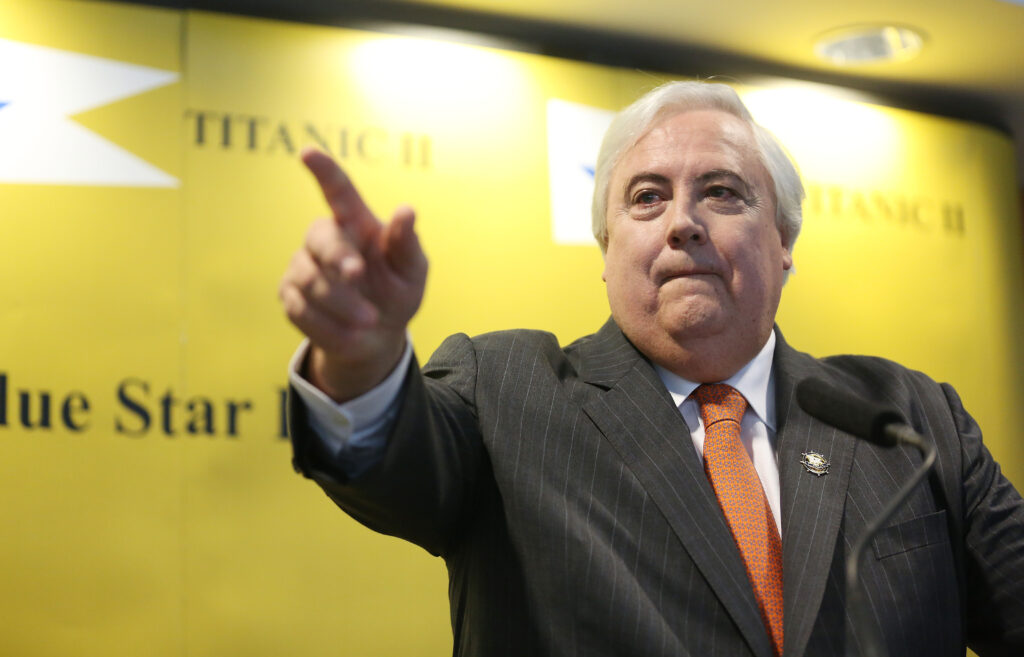UN sanctions on Iran set to return as nuclear diplomacy fades
Iranian President Masoud Pezeshkian on Saturday slammed as “unacceptable” what he described as US demands that Tehran hand over its enriched uranium, as sweeping UN sanctions loomed after nuclear talks collapsed.Earlier this month, the UN nuclear watchdog reported that Iran’s stockpile of uranium enriched up to 60 percent had risen to an estimated 440.9 kilogrammes as of June 13, an increase of 32.3 kilogrammes since May 17.Though Iran allowed inspectors back into its sites, Western powers said they saw insufficient progress to justify delaying sanctions, after a week of top-level diplomacy at the UN General Assembly.European powers triggered the “snapback” mechanism a month ago, accusing Tehran of failing to comply with requirements over its nuclear program — including through countermeasures it launched in response to Israeli and US strikes in June.Pezeshkian on Saturday told reporters in New York that Washington had asked Tehran to relinquish all of its enriched uranium in exchange for a three-month reprieve from sanctions.The United States “wants us to hand over all our enriched uranium to them, and in return they would give us three months” exemption from sanctions, Pezeshkian told reporters in New York before leaving for Tehran.”This is by no means acceptable,” he said.He previously said France had made a similar proposal, offering only a one-month delay.”Why would we put ourselves in such a trap and have a noose around our neck each month?” he asked, accusing the United States of pressuring Europeans not to compromise.- ‘Null and void’ -Pezeshkian reiterated that Iran had no intention of developing nuclear weapons, charging that Washington and Israel were instead using pressure to try to topple the Islamic republic.Talks over Iran’s nuclear program had also involved Steve Witkoff — Special Envoy of US president Donald Trump — who said Washington did not want to harm Iran and was open to further discussions.But Pezeshkian dismissed him as unserious, saying he backtracked on earlier understandings that collapsed after Israel launched its latest military campaign on Iran in June.Meanwhile, Iran recalled its envoys from Britain, France and Germany for consultations after the three countries triggered the sanctions mechanism, state television reported.The measures, due to take effect at 0000 GMT Sunday (8:00 pm Saturday in New York), will reinstate a global ban on dealings with companies, people and organisations accused of involvement in Iran’s nuclear and ballistic missile programs.The sanctions are aimed at imposing new economic pain to pressure Iran, but it remains to be seen if all countries will enforce them.Russian deputy ambassador Dmitry Polyansky said Friday that Moscow, a top partner of Iran, considered the reimposition of sanctions “null and void.”Russia and China sought at the Security Council Friday to delay the reimposition of sanctions until April but failed to muster enough votes.- ‘Maximum pressure’ -The United States already has unilateral sanctions on Iran and has tried to force all other countries to stop buying Iranian oil, although companies from China have defied the pressure.Trump imposed a “maximum pressure” campaign during his first term when he withdrew from a landmark 2015 nuclear agreement negotiated under former president Barack Obama, which had offered sanctions relief in return for drastic curbs on Iran’s nuclear program.The new sanctions mark a “snapback” of the UN measures that were suspended under the 2015 deal, which had been strongly supported by Britain, France and Germany after Trump’s withdrawal.The International Crisis Group, which studies conflict resolution, said in a report that Iran seemed dismissive of the snapback as it had already learned to cope with the US sanctions.But it noted that the snapback was not easy to reverse as it would require consensus at the Security Council.”It is also likely to compound the malaise around an economy already struggling with high inflation, currency woes and deepening infrastructure problems,” the report said.Israeli Prime Minister Benjamin Netanyahu in a defiant UN address Friday urged no delay in the snapback and hinted that Israel was willing to again strike Iran’s nuclear program, after the 12 days of bombing in June that Iranian authorities say killed more than 1,000 people.Pezeshkian said that Iran would not retaliate against the sanctions by leaving the nuclear Non-Proliferation Treaty, warning that unnamed powers were seeking a “superficial pretext to set the region ablaze.”




